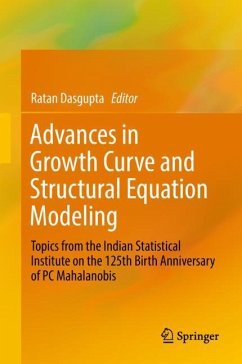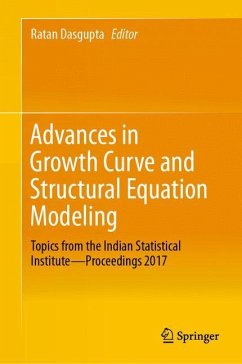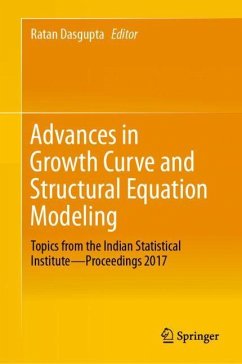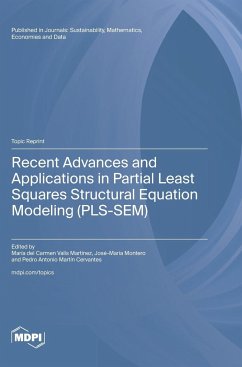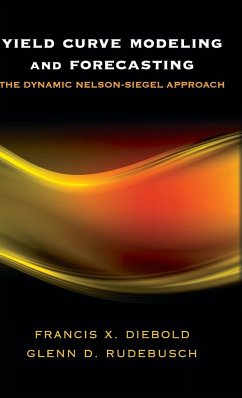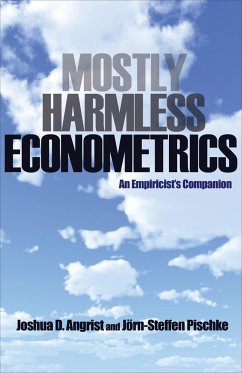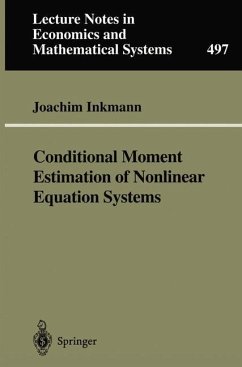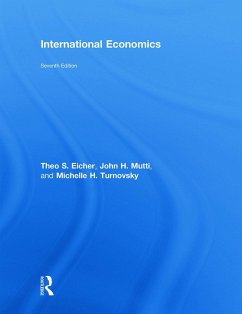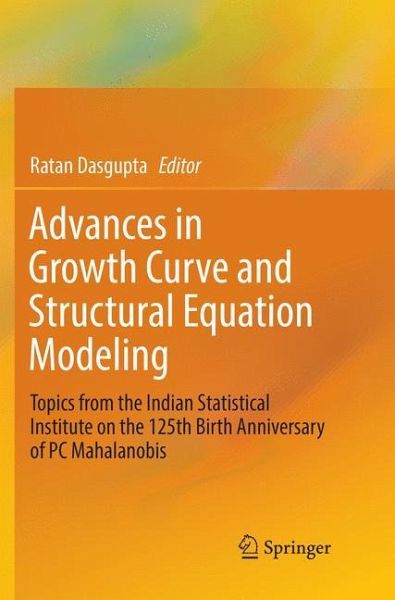
Advances in Growth Curve and Structural Equation Modeling
Topics from the Indian Statistical Institute on the 125th Birth Anniversary of PC Mahalanobis
Herausgegeben: Dasgupta, Ratan
Versandkostenfrei!
Versandfertig in 6-10 Tagen
38,99 €
inkl. MwSt.

PAYBACK Punkte
19 °P sammeln!
This book describes recent trends in growth curve modelling research in various subject areas, both theoretical and applied. It explains and explores the growth curve model as a valuable tool for gaining insights into several research topics of interest to academics and practitioners alike. The book's primary goal is to disseminate applications of the growth curve model to real-world problems, and to address related theoretical issues. The book will be of interest to a broad readership: for applied statisticians, it illustrates the importance of growth curve modelling as applied to actual fiel...
This book describes recent trends in growth curve modelling research in various subject areas, both theoretical and applied. It explains and explores the growth curve model as a valuable tool for gaining insights into several research topics of interest to academics and practitioners alike. The book's primary goal is to disseminate applications of the growth curve model to real-world problems, and to address related theoretical issues. The book will be of interest to a broad readership: for applied statisticians, it illustrates the importance of growth curve modelling as applied to actual field data; for more theoretically inclined statisticians, it highlights a number of theoretical issues that warrant further investigation.





